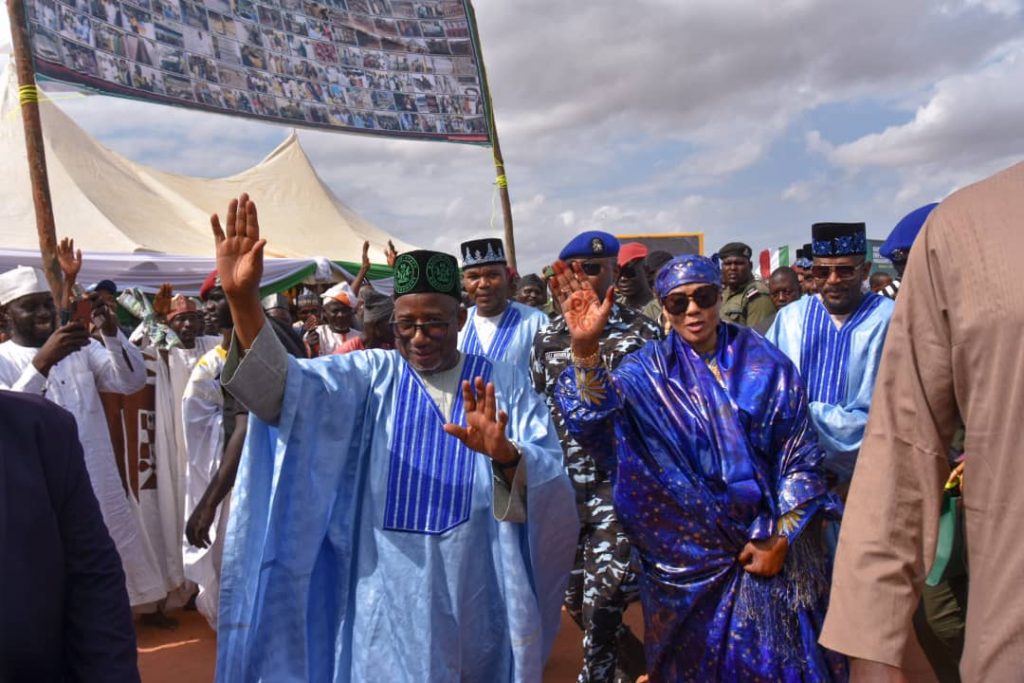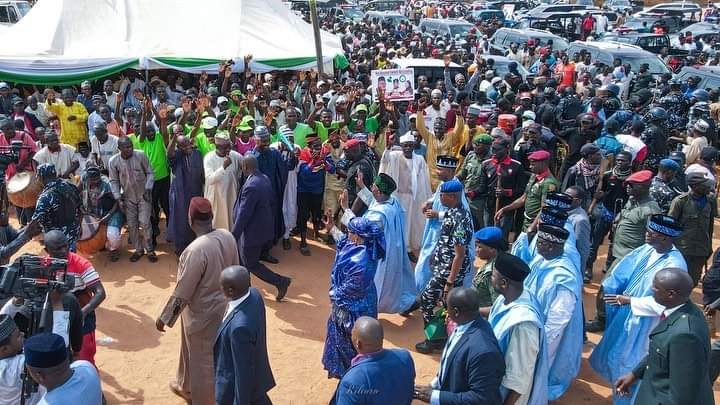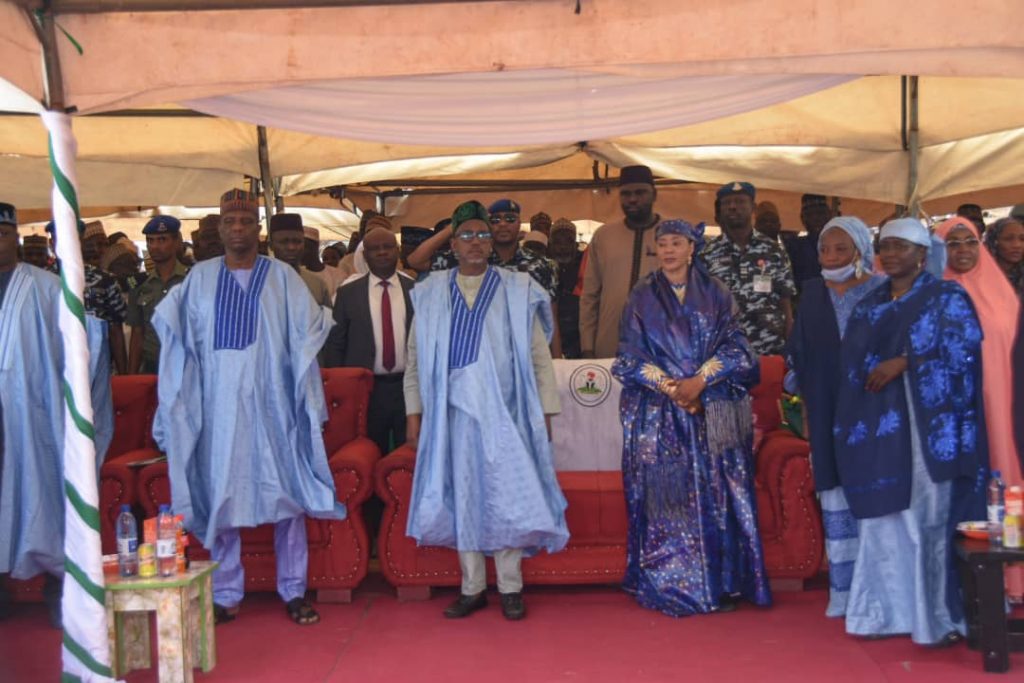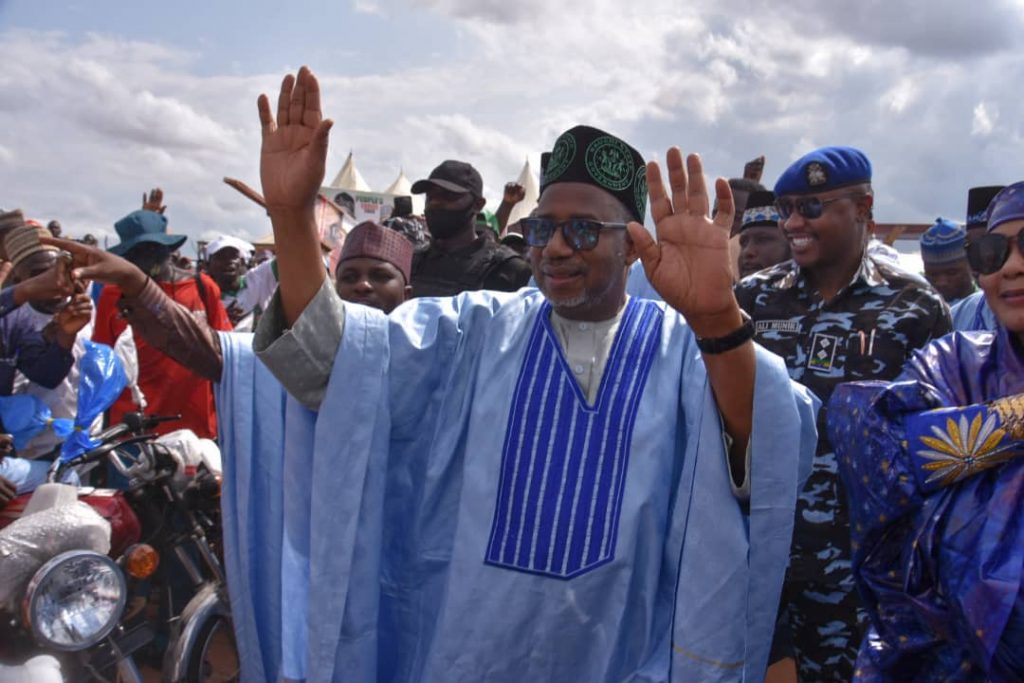Nigeria is at a point where challenges arising from covid 19 , socio economic difficulties and Insecurity across the six geo political zones is a big problem, defying a lot of measures already adopted.
In the midst of this, some Nigerian youths have had to navigate through so much uncertainty with hope.
Nuhu John is an indigene of Kaduna state, north central Nigeria, he has been living in the federal capital with his family. Nuhu does several menial jobs, one of which is working as a cleaner. This is not the life Nuhu had imagined for himself.
Currently, over 33.6 million (16.8 percent) Nigerians are regarded as youths (aged between 15 and 35).
As of 2019, about 43.69 percent of Nigeria’s total population were aged 0 to 14 . This means that in the nearest future, the youth will increasingly form the bulk of the country’s population.
Unfortunately as the population explodes opportunities are not commensurate with the growth.
Also Read: Experts warn of possible increase in suicide among Nigerians
Lanre…. is the coordinator, Imagine Nigeria Secretariat which is a road map in collaboration with the united nations development programme. It proposes that Nigerians can build a more inclusive and resilient nation and overcome the challenges facing her, such as the unprecedented impact of COVID-19, diminishing oil revenue, climate change, the rising cost of living, inequalities, poverty, and rising insecurity.
Living in Nigeria with the socio economic and political challenges, is particularly hard for people living with disabilities. Basic requirements are a luxury which only the rich and powerful can afford, Rachel Banigold, a 28 year old Nigerian lives in Jikwoyi Abuja the federal capital, she has been living with disability and is not rich. She needs assistance to get prosthesic limb to live a more meaningful life.
A 2022 World Bank report says about 40% of Nigerians live below the poverty line of U$1.90 per day and about 95.2 million are in poverty. About 19.4 million Nigerians are likely to face food insecurity in 2022, People like Rachel and Nuhu and millions of Nigerians need help and capable leadership to live a better life.




(Editor: Nkoli Omhoudu)







